The Fall at Southwark Playhouse
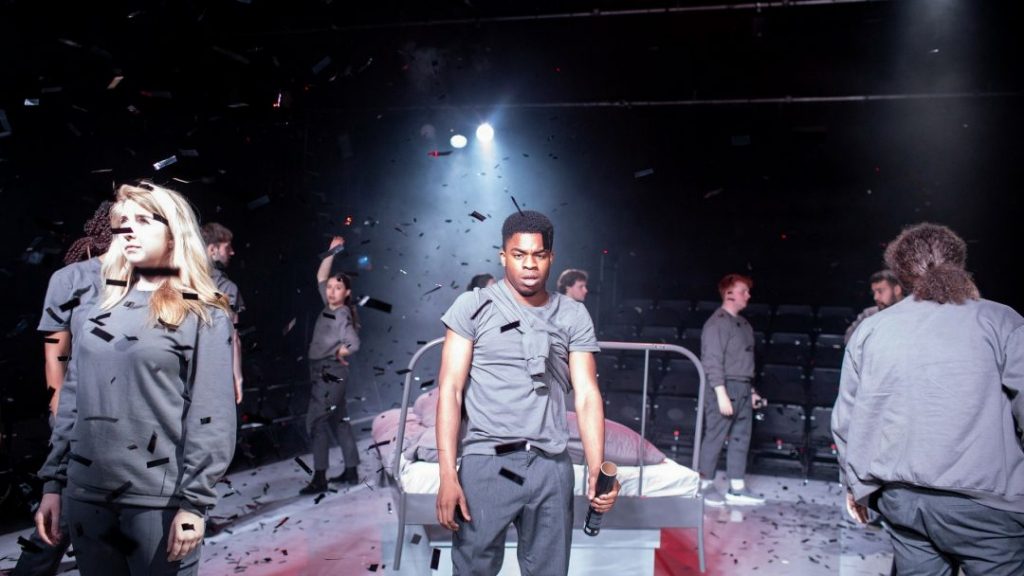
An empty bed with grey sheets lies in the middle of a smoggy stage. Ten young adults appear and begin to dance, their hips wiggle, they punch the air and cry out “hah!”. It’s not the best start to the evening and the dancing really doesn’t need to be there, but things rapidly improve as most of the cast leave the stage and a young couple (Niyi Akin and Jesse Bateson) start talking in fast, naturalistic dialogue. They tease each other, flirt, discuss middle distance running and try to work out where, aside from their parents’ houses and a McDonald’s toilet, they can have sex. They opt for the house of a healthy, elderly man that the girl house-sits for, but the mood is ruined when they discover the old homeowner is naked and dying.
The Fall is broken up into three-act segments that loosely follow a woman from her adolescence to old age. The first part shows the youth perspective on ageing – the belief that life isn’t worth living when one reaches a certain age unless, of course, they are that person’s gran. Each act is broken up by an increasingly lacklustre dance routine and a voiceover, in which one member of the chorus mimes a radio broadcast or short interview. This sets the context of the show, but doesn’t add much else.
The second act follows a young couple’s journey from meeting the parents to getting married, and into the hardships of life under austerity, the ever-increasing price of rent and their responsibility for elderly parents. The pair continually change the bed sheets as they talk, time flying by as years are condensed into seconds. This conjures up a feeling of repetition, of domestic normalcy, creating an effective, lasting motif. Rumbling, ominous music is used infrequently during particularly tense scenes, adding to the atmosphere without trying to create it.
Finally, the audience enters a dystopian care home where elderly people, whose families cannot or will not help them, live in shared dormitories in a smart-care facility until they are gently persuaded to take the “other option” in exchange for monetary compensation for their relatives. This world looks like it fell out of an episode of Black Mirror, but it’s a disturbingly believable version of the future. The strong script manages to cover a lot of themes in a short space of time; the motif of running, used as a powerful finale to describe the last moments of someone’s life, is particularly effective and performed admirably by Josie Charles.
This 60-minute-play is performed by the National Youth Theatre, meaning that every actor is aged 25 or under. The final scenes see the young performers playing 80-year-olds, which could have fallen flat if they had attempted to “act old”. Luckily, the company’s youthful portrayals of old age pensioners are surprisingly believable, particularly in the scenes where two elderly room-mates have a last-minute sexual awakening. The actors perform very well for their age: Jamie Akrah is memorable as the grouchy, homophobic old man in denial about his family coming to rescue him, and Niyi Akin gives a charismatic (if hilariously arrogant) portrayal of a teenager with a nan who is “young at heart”; but there are high quality performances all round.
The age of the cast is crucial to this work, which is all about young people abandoning the elderly to help themselves or their children. But the fact that these youth performers are empathising with the elderly and exploring isolation, end-of-life care and even OAP sexuality shows that young people do in fact care about older generations. The Fall is funny, distressing and thought-provoking, but it is also hopeful. If the younger generation is starting to think about these questions, maybe there is hope for us yet.
Sophia Moss
Photo: Helen Maybanks
The Fall is at Southwark Playhouse from 28th April until 19th May 2018. For further information or to book visit the theatre’s website here.


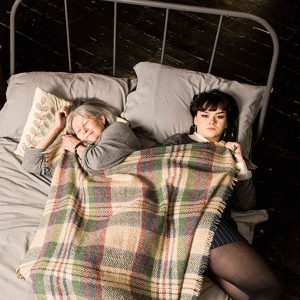
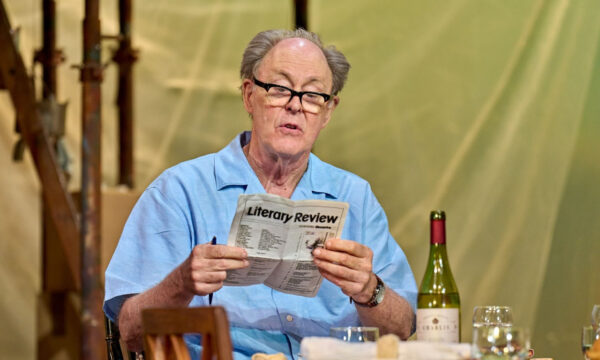
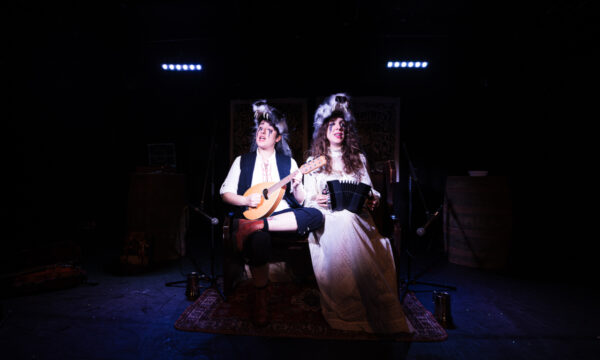
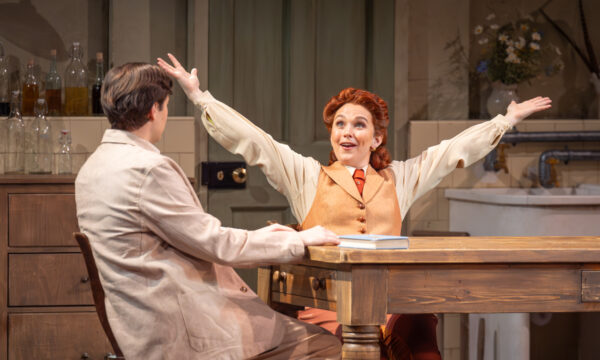
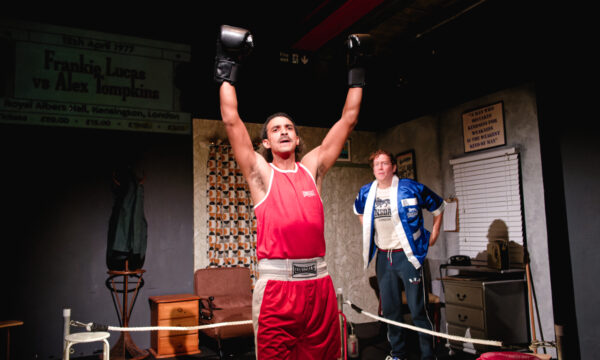
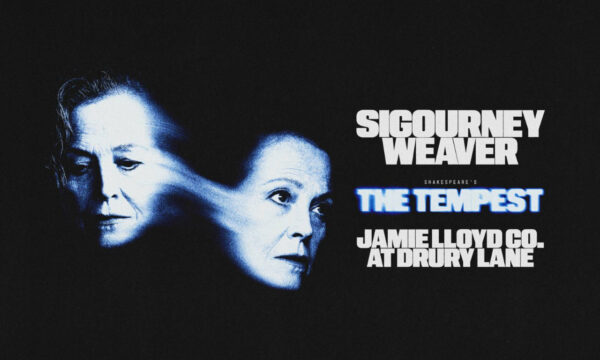
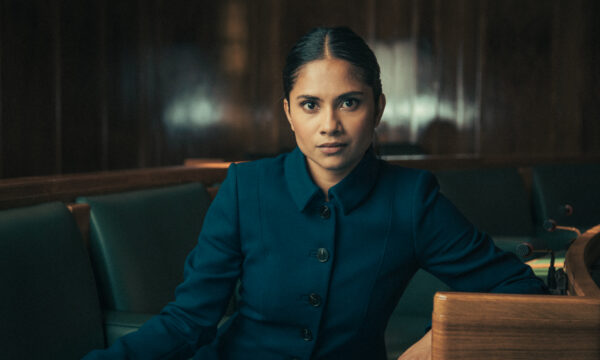
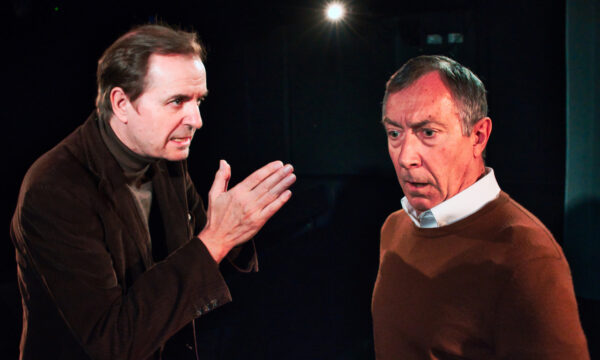
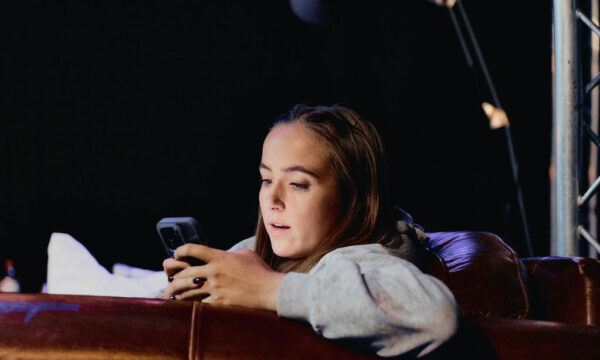
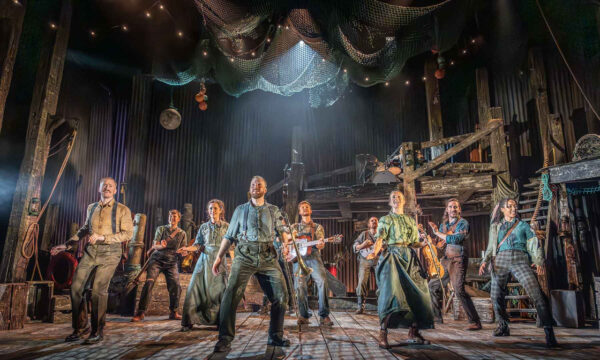









Facebook
Twitter
Instagram
YouTube
RSS